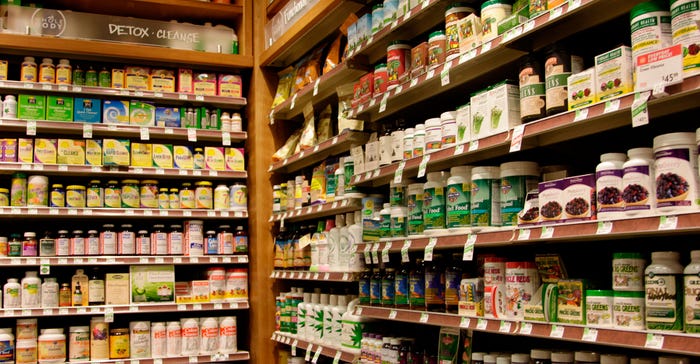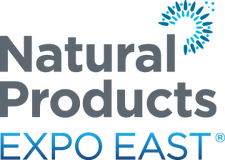Monitor: Online counterfeits show supplement industry partnerships needed
After fraudulent products were found on Amazon, it could be time for retailers to talk curation as a point of differentiation.

The specter of adulteration has long haunted the supplement industry. A new ghost, though, is haunting a primary sales channel: Products counterfeiting major brands are appearing on Amazon.
The latest round of news about counterfeiting began in early April when NOW Foods discovered a company selling products with faked NOW labels on the shopping site. Days later, Host Defense Mushrooms found similarly fraudulent goods.
This is obviously a challenge for the supplement industry. Amazon is famously difficult to police, even for Amazon. This latest news from Now Foods and Host Defense came just after Amazon announced newly tightened testing requirements, calling into question just how serious the e-commerce site is about enforcing its own rules.
The truth is that there are no easy answers for the supplement industry. But one answer the natural products industry can employ is a return to its roots. The supplement industry was built in what Nutrition Business Journal calls "natural and specialty retail." The channel is comprised of natural grocery and retail—both independents and chains like Sprouts—and specialty supplement stores like GNC and The Vitamin Shoppe.

Certain brands, NOW Foods in particular, make natural retail a priority (NOW even operates its own stores). Many other brands have highlighted the better education and curation that shoppers will find in natural food and supplement-focused retail. But the counterfeit issue suggests an opportunity for a very focused partnership.
Curation has always been important in natural and specialty, but much of that conversation was built around selecting high-quality brands. Retailers could argue that consumers didn't need to worry about buying adulterated products because stores' standards kept irresponsible brands off the shelf. That provided stores a point of differentiation from e-commerce and even mass-market retail, though higher standards have been implemented in many mass-market chains.
The Amazon counterfeit problem adds a new point of differentiation. Stores can talk explain that they not only stock the quality brands but that the bottles on the shelf are genuine. That will require a balance between talking about quality procedures and raising red flags about the supplement industry, but stores can still highlight their direct connection to brands. The message doesn't have to be complex. It just needs to remind consumers that the stores serve them from the order form to the shelf.
Curation is a strong selling point—one that needs to be driven home again and again. News of counterfeits on Amazon provide a new hammer to do just that. News of counterfeits on Amazon provide a new hammer to do just that.

Natural Products Expo East Logo
Don't miss the Natural Products Expo East Supplements Symposium on Sept. 21, where retailers, category buyers and dietary supplement companies will learn sales data, industry trends and more. The event is included with an Exhibit Hall Badge. Visit ExpoEast.com for more information.
About the Author
You May Also Like



.jpg?width=700&auto=webp&quality=80&disable=upscale)
